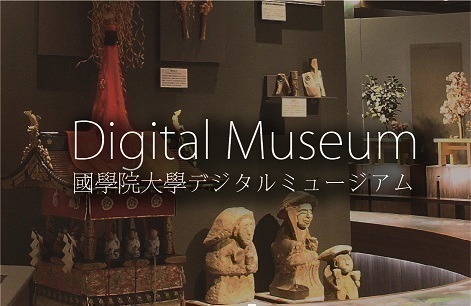- トップ
- Encyclopedia of Shinto
- Iwakura Tomomi
Encyclopedia of Shinto
| Main Menu: | |
| Links: |
詳細表示 (Complete Article)
| カテゴリー1: | 8. Schools, Groups, and Personalities |
|---|---|
| カテゴリー2: | Personalities |
| Title | Iwakura Tomomi |
| Text | (1825-83) Courtier and politician of the late Tokugawa and early Meiji eras. Born on the fifteenth day of the ninth month of 1825 in Kyoto as the second child of court noble Horikawa Yasuchika, he was adopted by Iwakura Tomoyasu. Tomomi was active behind the scenes in the Imperial Court during the late Tokugawa period immediately prior to the Meiji Restoration. Due to his involvement in policies related to the marriage of Princess Kazu no Miya to Shogun Tokugawa Iemochi and other actions unpopular with the court, he lost power in the eighth month of 1862, after which he invited figures such as Matsuo Tajima and other lower-ranking priests (shinshoku) at some of Kyoto's more prestigious shrines and thus remained up to date on the political situation. Around 1867, Iwakura rallied with then-obscure scholars of National Learning (kokugaku) such as Gonda Naosuke and Ochiai Naoaki to join Shinto concepts to the anti-Bakufu movement. Within the new Meiji government, he was second in power to Sanjō Sanetomi as minister of the right, in which position he engineered policies that relied heavily on the influence of kokugaku scholars such as Fukuba Yoshishizu. On December 18, 1882, he was appointed to the position of Chief Policy Administrator for the Imperial Household Ministry (Kunaishō), in which capacity he single-handedly proposed ten articles for inclusion in the Constitution of the Empire of Japan (the Meiji Constitution). His first article called for the reestablishment of the Department of Divinities (Jingikan) and for an Imperial Oath to be sworn by councilors therein. Article Seven was to enshrine the practice of offerings (kichirei) and funerary rites (sōsōrei) within the Imperial enthronement ceremony (daijōsai). Article Nine regarded food offerings to the kami and the encouragement of agriculture. These and other proposals reveal the great extent to which Iwakura sought to unite Shinto to government administration. Iwakura died in Tokyo July 20, 1883, at the age of fifty-nine. - Akimoto Nobuhide |




